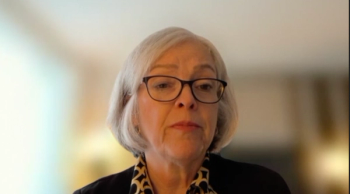
Incorporating tools that gauge social determinants of health can improve patient access to cancer care, explained Susan Escudier, MD.

Incorporating tools that gauge social determinants of health can improve patient access to cancer care, explained Susan Escudier, MD.
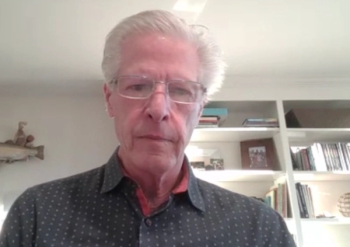
Ken Cohen, MD, FACP, discusses how clinicians can support patients after a cognitive screening to identify meaningful next steps.

Susan Escudier, MD, discusses the practical implications of financial barriers for patients with cancer accessing oncology care.

Kavita Nair, PhD, FAAN, discusses the rising global burden of neurodegenerative diseases.
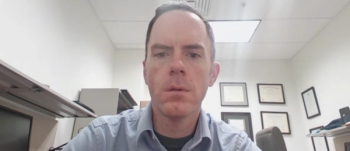
Andrew Wolf, MD, discusses the growing costs, treatment advances, and geographic disparities in multiple sclerosis care.
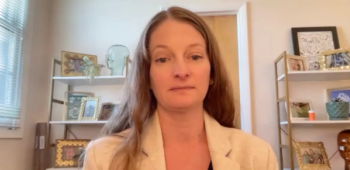
Tara Carlisle, MD, PhD, University of Colorado, discusses how coordinated care efforts and frequent safety monitoring are transforming early Alzheimer disease management.

Ken Cohen, MD, FACP, discusses the importance of expanding cognitive screening for seniors.
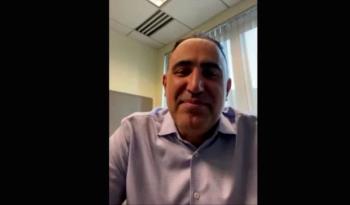
Experts discuss the importance of initiating blinatumomab treatment for acute lymphoid leukemia in academic centers for optimal patient care.
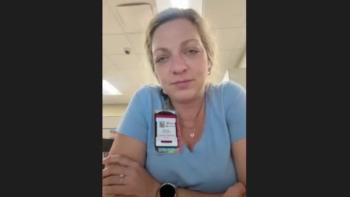
Kelley L. Julian, PharmD, BCOP, discusses optimizing myeloma care, addressing barriers in access to intravenous immunoglobulin and innovative therapies at Huntsman Cancer Institute.

David Rometo, MD, reflects on the sustainability of incremental weight loss programs and aggressive diets.

David Rometo, MD, weighs various weight loss treatments, their success, and sustainability.

David Rometo, MD, of UPMC, addresses stigma surrounding obesity and group setting weight loss intervention therapies and how consults benefit patients.

Clinician's role in breast cancer care and access with reproductive and urinary oncologist Lakshminarayanan Nandagopal, MD

Hope Krebill of the Masonic Cancer Alliance at the University of Kansas Medical Center outlines patient navigation models that improve outcomes and reduce missed appointments.

Advancements in breast cancer care and treatments with reproductive and urinary oncologist Lakshminarayanan Nandagopal, MD.

Hope Krebill, MSW, BSN, RN, discusses the challenges rural hospitals face in delivering therapies like CAR T and bispecifics.

From proactive recruitment to academic-community partnerships, Hope Krebill highlights ways to improve clinical trial participation.
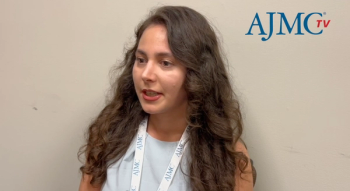
Oranus Mohammadi, MD, outlines how antibody-drug conjugates are transforming breast cancer treatment across subtypes and discusses her approach to sequencing high-cost targeted therapies within payer and clinical practice constraints.

Matias Sanchez, MD, a hematologist-oncologist at University of Illinois Health, discussed the latest advancements in value-based multiple myeloma care, including minimal residual disease strategies and innovative targeted therapies.
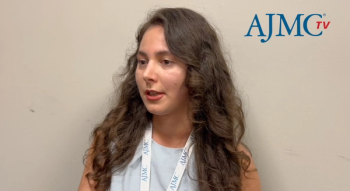
Oranus Mohammadi, MD, discusses the emerging applications of circulating tumor DNA (ctDNA) in breast cancer care and emphasizes the importance of clear communication to help patients navigate uncertain or anxiety-provoking biomarker test results.
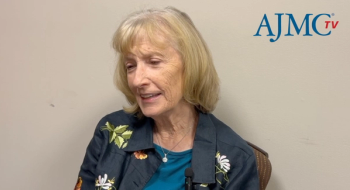
Joanne Mortimer, MD, FACP, FASCO, discusses the practical applications and limitations of circulating tumor DNA (ctDNA) testing in breast cancer, highlighting its role in guiding targeted therapy, challenges in patient communication and payer coverage, and unique barriers for male patients.
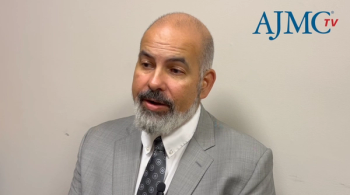
Jorge Nieva, MD, explores the challenges of translating biomarker testing into treatment decisions for non–small cell lung cancer (NSCLC), the role of repeat testing in detecting resistance mutations, and the importance of equitable access to molecular diagnostics in value-based care settings.
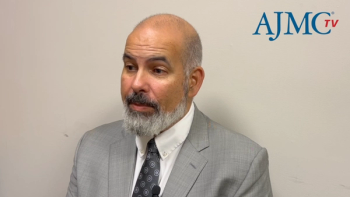
Jorge Nieva, MD, highlights the critical role of molecular testing in non–small cell lung cancer (NSCLC) care, while addressing barriers such as limited tissue samples, delayed turnaround times, and the need for faster, more accessible diagnostic technologies.
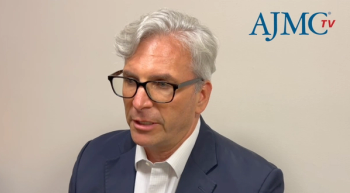
Yale Podnos, MD, MPH, FACS, discusses strategies to address social determinants of health in oncology, improve clinical trial enrollment for underserved communities, and leverage value-based care models to reduce financial toxicity and ensure equitable cancer care.
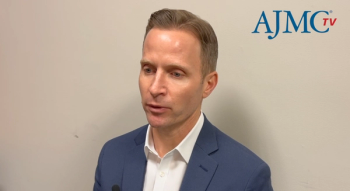
Daniel Virnich, MD, highlights the need for proactive social determinants of health screening, language-inclusive clinical trial practices, value-based treatment decisions, and policy reforms to improve equitable access to cancer care.
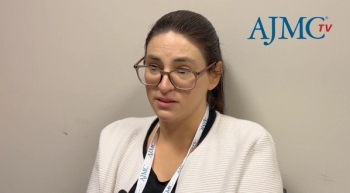
Lauren Antrim, MD, of City of Hope Cancer Center Duarte, emphasized the need for more evidence to guide optimal immunotherapy duration and sequencing in in non–small cell lung cancer (NSCLC), highlighting ongoing trials and the potential role of ctDNA in tailoring treatment strategies.

Matias Sanchez, MD, a hematologist-oncologist at University of Illinois Health, discussed strategies to deliver cutting-edge multiple myeloma care while mitigating costs.
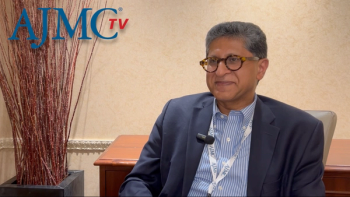
Ravi Vij, MD, MBA, discusses how measurable residual disease (MRD) testing is shaping treatment decisions in hematology and its potential to reduce costs and toxicity.

The definition of comprehensive non-small cell lung cancer (NSCLC) testing is rapidly evolving with new biomarkers and therapies, according to Julia Rotow, MD, creating added challenges for community practices.

Cutting-edge therapies can help move the treatment landscape forward, but basic treatment and prevention, such as smoking cessation, are still valuable means of addressing non–small cell lung cancer (NSCLC).

259 Prospect Plains Rd, Bldg H
Cranbury, NJ 08512
© 2025 MJH Life Sciences®
All rights reserved.
